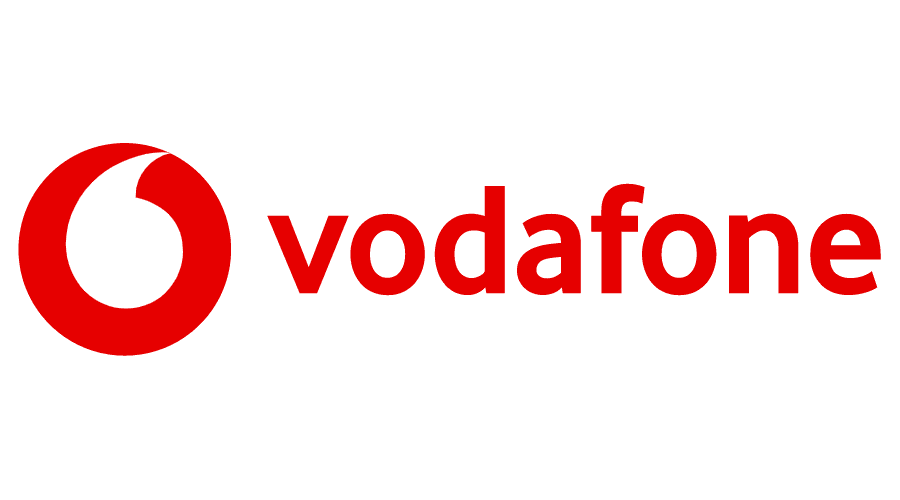
The Key to Flourishing Workplace Relationships and Wellness
Mastering Emotional Intelligence
The Key to Flourishing Workplace Relationships and Wellness
In the intricate tapestry of workplace dynamics, emotional intelligence emerges as a linchpin for fostering harmonious interpersonal relationships and nurturing a culture of wellness. As organisations increasingly recognise the profound impact of emotional intelligence on employee well-being and productivity, the cultivation of emotional intelligence skills has become a strategic imperative for nurturing thriving workplace environments.
In this insightful exploration, we delve into the pivotal role of emotional intelligence in workplace wellness, elucidating actionable strategies to enhance interpersonal relationships and cultivate a culture of emotional intelligence within organisations.
Understanding Emotional Intelligence in the Workplace
Emotional intelligence (EI), often referred to as EQ, encompasses a set of skills that enable individuals to perceive, understand, manage, and express emotions effectively. In the workplace context, emotional intelligence manifests through self-awareness, self-regulation, empathy, and social skills, collectively shaping how individuals interact with colleagues, navigate conflicts, and collaborate toward shared goals.
Key Components of Emotional Intelligence in Workplace Wellness
Self-Awareness: Self-awareness forms the bedrock of emotional intelligence, enabling individuals to recognise and understand their own emotions, strengths, weaknesses, and triggers. Cultivating self-awareness empowers employees to navigate workplace challenges with clarity, authenticity, and resilience, laying the foundation for personal growth and well-being.
Self-Regulation: Self-regulation entails the ability to manage and control one's emotions, impulses, and reactions in diverse workplace situations. By fostering self-regulation skills, employees can respond to stressors, setbacks, and conflicts with composure, adaptability, and constructive problem-solving, mitigating interpersonal friction and enhancing workplace harmony.
Empathy: Empathy involves the capacity to understand and resonate with the emotions, perspectives, and experiences of others. Cultivating empathy fosters a culture of inclusivity, collaboration, and mutual respect, enabling employees to forge deeper connections, resolve conflicts amicably, and support one another's well-being in the workplace.
Social Skills: Social skills encompass the ability to communicate effectively, build rapport, and collaborate with others in diverse social and professional contexts. By honing social skills such as active listening, assertive communication, and conflict resolution, employees can cultivate positive interpersonal relationships, foster teamwork, and promote a culture of trust and collaboration within the workplace.
Stress Management: Effective stress management is a critical component of emotional intelligence, enabling employees to cope with workplace pressures, deadlines, and challenges without succumbing to burnout or overwhelm. By implementing stress management techniques such as mindfulness, time management, and boundary setting, employees can enhance resilience, well-being, and overall job satisfaction.
Benefits of Emotional Intelligence in Workplace Wellness
Enhanced Interpersonal Relationships: Cultivating emotional intelligence fosters deeper, more authentic interpersonal relationships characterised by empathy, mutual understanding, and respect. Stronger interpersonal connections contribute to a supportive work environment, bolstering employee morale, engagement, and collaboration.
Improved Communication and Conflict Resolution: Emotional intelligence equips employees with the communication and conflict resolution skills needed to navigate interpersonal conflicts, negotiate differences, and foster constructive dialogue. By promoting open communication and empathy, emotional intelligence mitigates workplace tensions, enhances teamwork, and fosters a culture of transparency and trust.
Increased Employee Engagement and Productivity: Employees with higher levels of emotional intelligence are more engaged, motivated, and productive in their roles. By fostering a culture of emotional intelligence, organisations can unlock the full potential of their workforce, driving innovation, creativity, and performance.
Reduced Turnover and Burnout: Cultivating emotional intelligence helps prevent burnout and reduce turnover by fostering a supportive work environment where employees feel valued, understood, and supported. By prioritising employee well-being and nurturing a culture of empathy and resilience, organizations can retain top talent and cultivate a loyal, committed workforce.
Enhanced Leadership Effectiveness: Effective leadership hinges on emotional intelligence, enabling leaders to inspire, motivate, and empower their teams to achieve shared goals. Leaders with high emotional intelligence are adept at building trust, fostering collaboration, and navigating complex interpersonal dynamics, thereby driving organisational success and resilience.
Strategies for Cultivating Emotional Intelligence in the Workplace
Provide Emotional Intelligence Training: Offer workshops, seminars, and training programs to enhance employees' emotional intelligence skills, focusing on self-awareness, self-regulation, empathy, and social skills development.
Lead by Example: Cultivate a culture of emotional intelligence from the top down by demonstrating empathy, authenticity, and effective communication in leadership behaviours and decision-making.
Foster a Supportive Work Environment: Create a workplace culture that values empathy, inclusivity, and psychological safety, where employees feel comfortable expressing their emotions and seeking support when needed.
Encourage Feedback and Reflection: Foster a culture of continuous learning and growth by providing opportunities for employees to receive feedback, reflect on their emotions and behaviours, and engage in self-improvement initiatives.
Promote Work-Life Balance: Support employees' well-being by promoting work-life balance, encouraging time off, and implementing policies that prioritise employee health, happiness, and fulfilment.
Emotional intelligence serves as a catalyst for building thriving workplace relationships, fostering employee well-being, and driving organisational success in today's complex and dynamic business landscape.
By prioritising the cultivation of emotional intelligence skills such as self-awareness, empathy, and social skills, organisations can create a culture of emotional intelligence that empowers employees to navigate challenges, foster meaningful connections, and thrive in their professional and personal lives.
Together, let us harness the transformative power of emotional intelligence to create workplaces where individuals flourish, relationships thrive, and organisational wellness abounds.
DISCOVER why Corporate BOX™ is the well-being program of choice for the likes of Vodafone, Converse and Chelsea FC, click here.
As Featured In
CorporateBox™ Enjoyed By










































